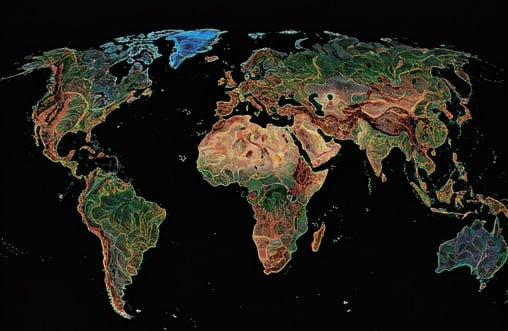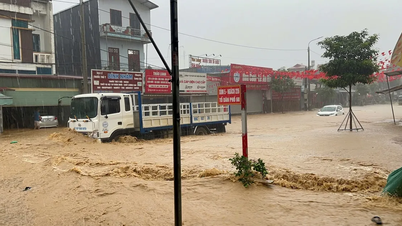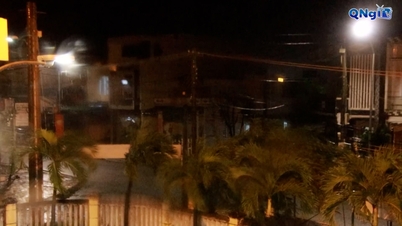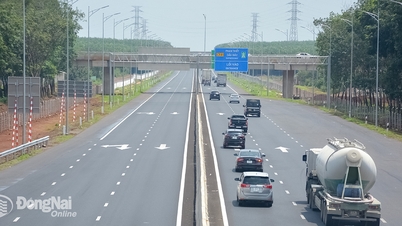(CLO) Nearly 3 million rivers around the world are facing rapid and unexpected changes, seriously threatening clean water supplies and increasing the risk of flooding.
Scientists have been mapping the flow of water through rivers around the world for the past 35 years, using a combination of satellite data and computer models. The results of this study surprised them.
Nearly half, or 44%, of the world's large lower rivers are facing severe declines in annual water flow, according to a new study published in the journal Science.

Illustration photo.
Major rivers such as the Congo, Yangtze and Plata have seen significant declines in the amount of water flowing through them, according to the study's author, Dongmei Feng.
In contrast, upstream rivers, especially those located in high mountain areas, saw an increase in flow, by about 17%.
While the study doesn't go into detail, the authors suggest the root causes of these changes are likely related to human activity and the fossil fuel-driven climate crisis, including changing rainfall patterns and increased ice melt.
Study co-author Colin Gleason pointed out that previous studies have typically focused on flows of the largest rivers and are often limited to specific areas at certain times.
However, this new study uses advanced methods that allow scientists to observe river flows around the globe "everywhere at once."
The study was surprised to find that some rivers changed their flow by as much as 5% or 10% per year, reflecting rapid changes in river systems around the globe. Rivers are like the “blood vessels” of the Earth, and changes in the way they flow have profound effects, Feng said.
The significant reduction in water levels in downstream rivers means that the supply of fresh water for human use, agricultural production and aquaculture is being severely reduced.
As the flow becomes slower, the river does not have enough energy to move as much sediment, resulting in a reduced ability to form deltas, which provide natural protection against rising sea levels.
Ha Trang (according to CNN)
Source: https://www.congluan.vn/nghien-cuu-cho-thay-mang-luoi-song-tren-the-gioi-dang-thay-doi-dang-bao-dong-post325954.html



![[Photo] Prime Minister Pham Minh Chinh receives the delegation of the Semiconductor Manufacturing International (SEMI)](https://vphoto.vietnam.vn/thumb/1200x675/vietnam/resource/IMAGE/2025/11/06/1762434628831_dsc-0219-jpg.webp)

![[Photo] Closing of the 14th Conference of the 13th Party Central Committee](https://vphoto.vietnam.vn/thumb/1200x675/vietnam/resource/IMAGE/2025/11/06/1762404919012_a1-bnd-5975-5183-jpg.webp)

















































































































Comment (0)